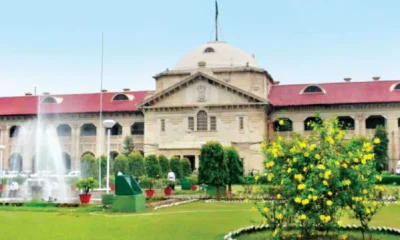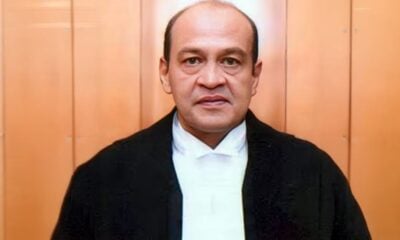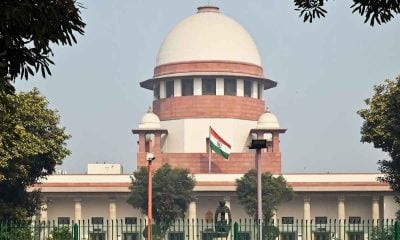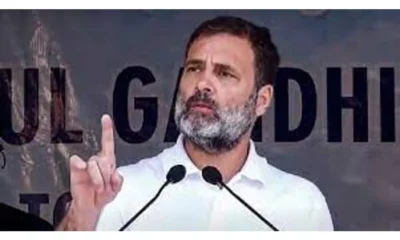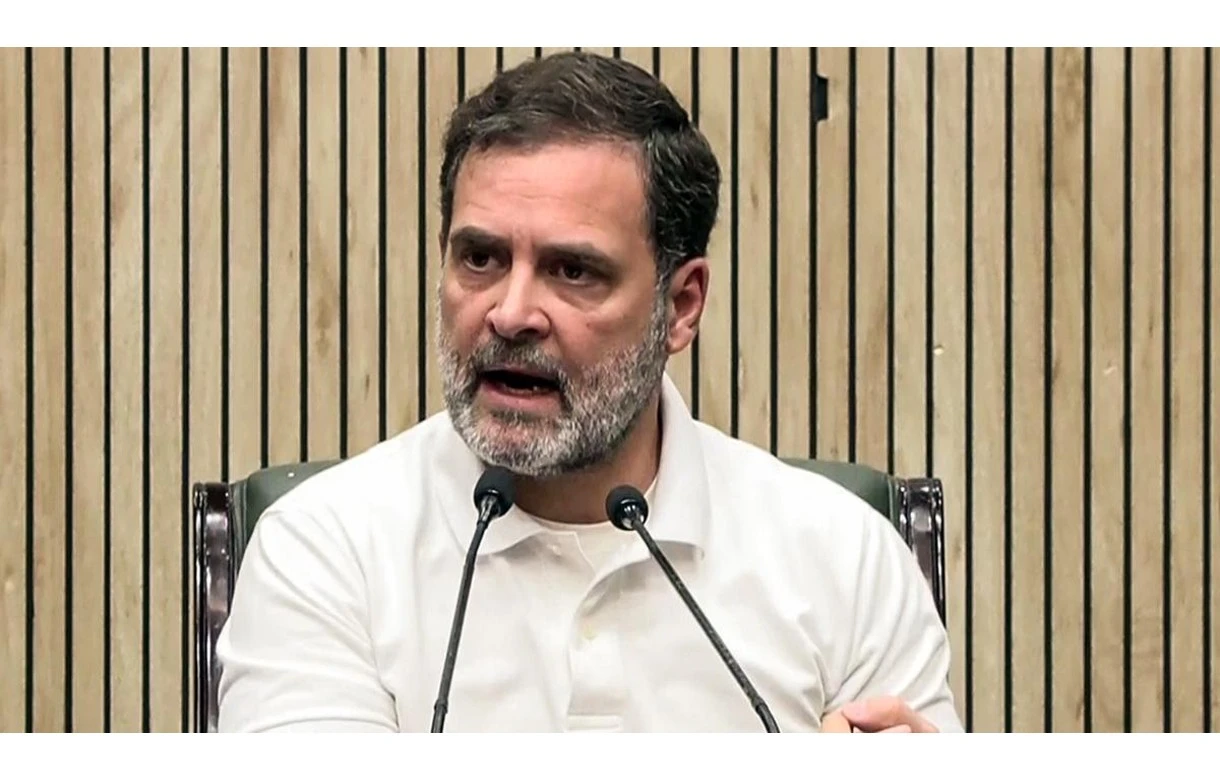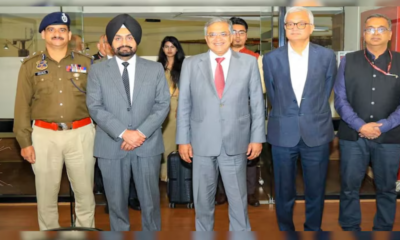Latest Politics News
Allahabad High Court directs accused man to serve sweet drink for one week, says Ganga Jamuni Tehzeeb should be seen not only in speeches but also in conduct
The incidents of mob violence spread disaffection in the society and are incompatible with the rule of law and have no place in any civilized nation, the petitioner’s counsel said.

India News
Navjot Kaur Sidhu says Rahul Gandhi disconnected from ground realities
Navjot Kaur Sidhu criticises Rahul Gandhi after exiting Congress, alleging corruption in the Punjab unit and predicting defeat in upcoming state elections.
India News
Yogi Adityanath calls opposing Vande Mataram nothing short of treason
Yogi Adityanath says opposing Vande Mataram amounts to treason, accuses Opposition of disrespecting national symbols and misleading people in the name of the Constitution.
India News
Rahul Gandhi faces expulsion demand in Lok Sabha over trade deal remarks
BJP MP Nishikant Dubey has moved a notice seeking Rahul Gandhi’s expulsion from the Lok Sabha. Here is how the disqualification and expulsion process works.
-
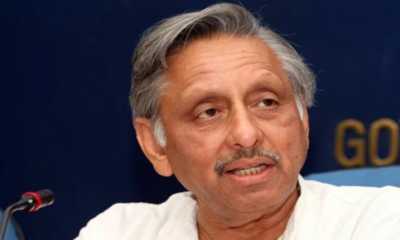
 India News21 hours ago
India News21 hours agoMani Shankar Aiyar calls Shashi Tharoor aspiring foreign minister, terms Pawan Khera puppet
-
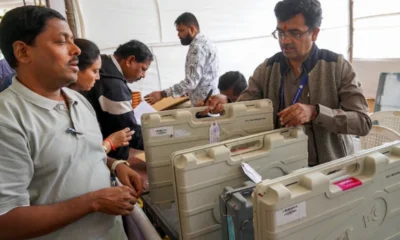
 India News14 hours ago
India News14 hours agoTelangana civic body polls see BJP skip Nizamabad mayoral race, win Karimnagar post
-

 Trending14 hours ago
Trending14 hours agoX down for thousands of users worldwide, major outage hits India
-

 India News13 hours ago
India News13 hours agoBombay high court holds state accountable in Goa nightclub tragedy, flags systemic failure
-

 Latest world news55 mins ago
Latest world news55 mins agoMuhammad Yunus references India’s Seven Sisters, China ties in farewell speech
-

 India News45 mins ago
India News45 mins agoYogi Adityanath calls opposing Vande Mataram nothing short of treason
-

 India News38 mins ago
India News38 mins agoPM Modi calls for public interest focus as AI Impact Summit enters day 2
-

 India News29 mins ago
India News29 mins agoNavjot Kaur Sidhu says Rahul Gandhi disconnected from ground realities

